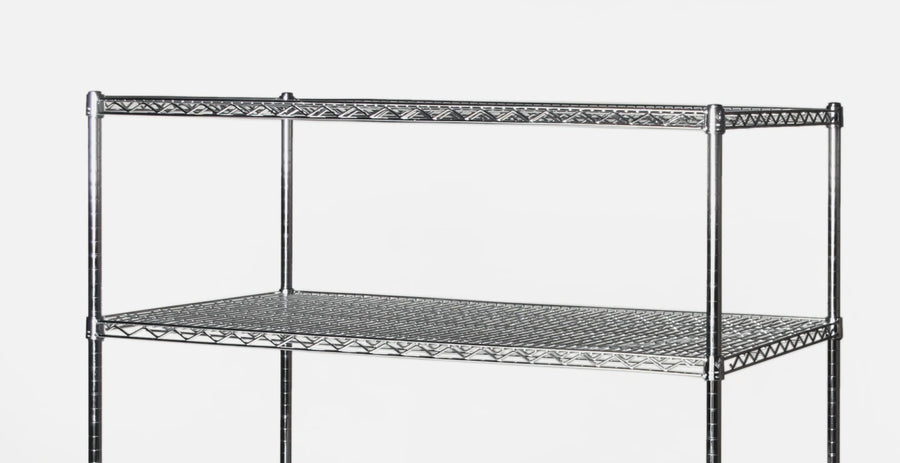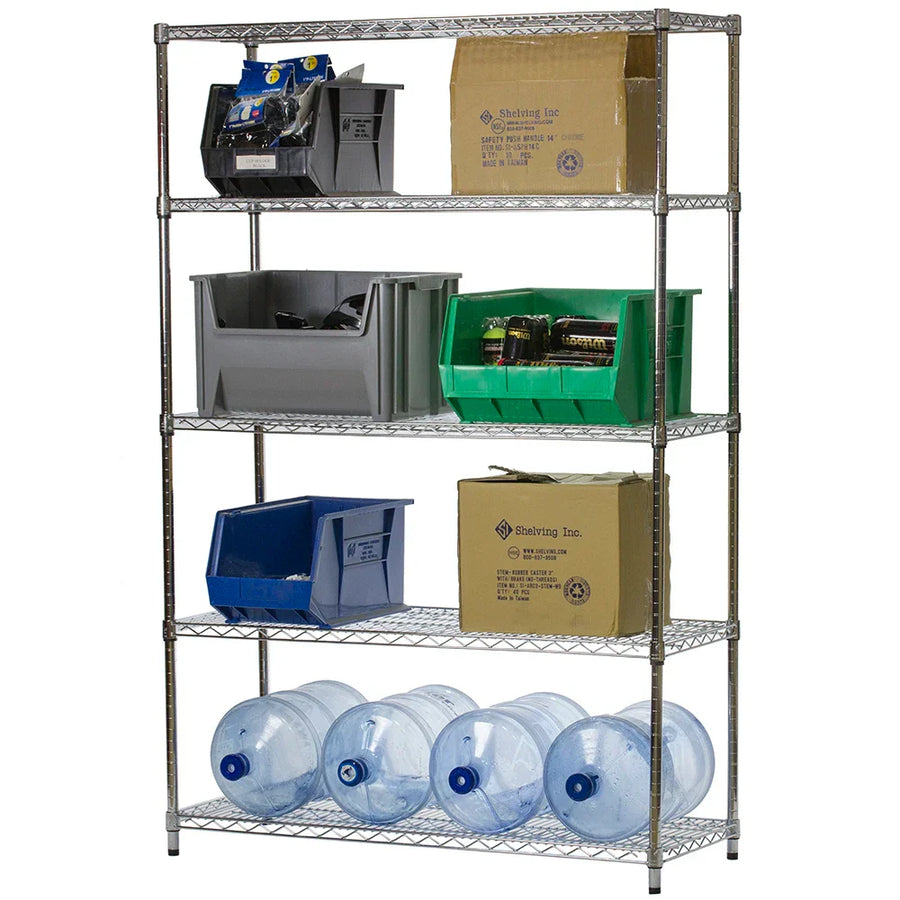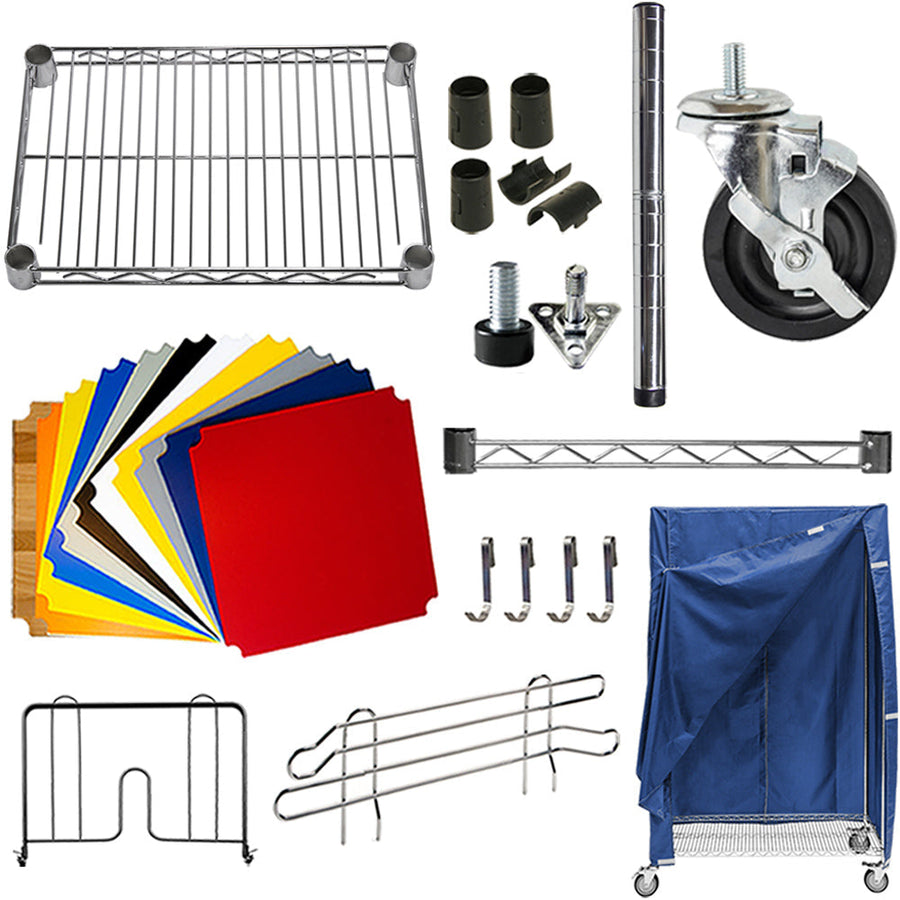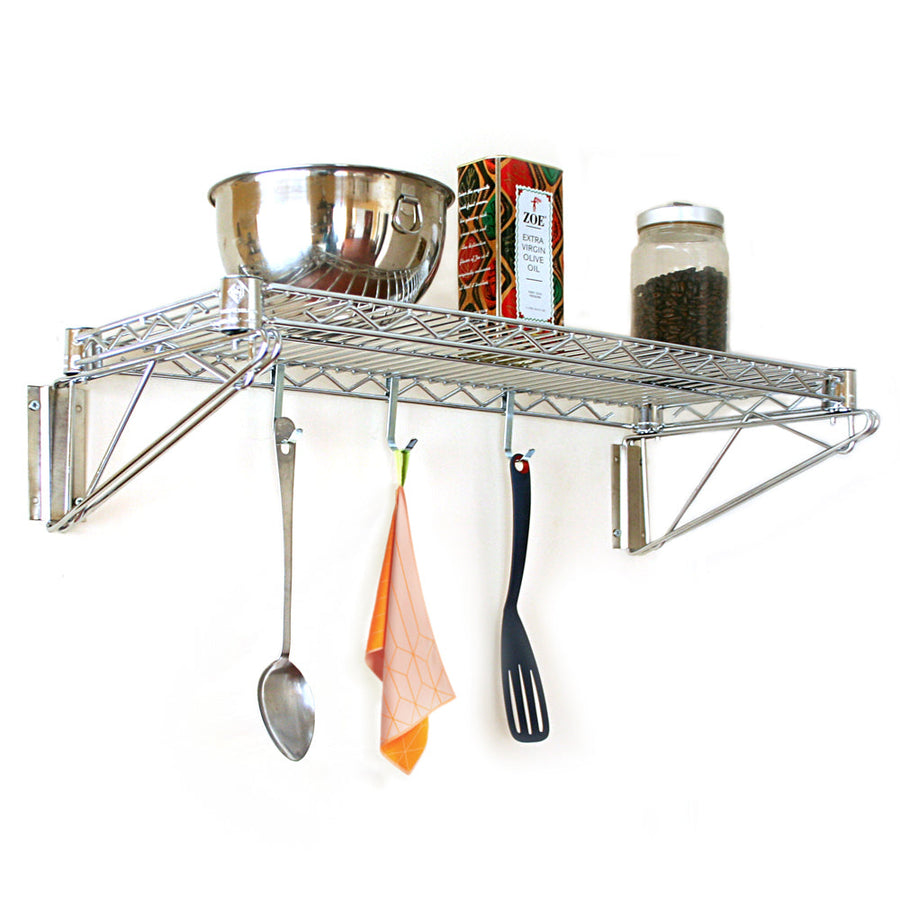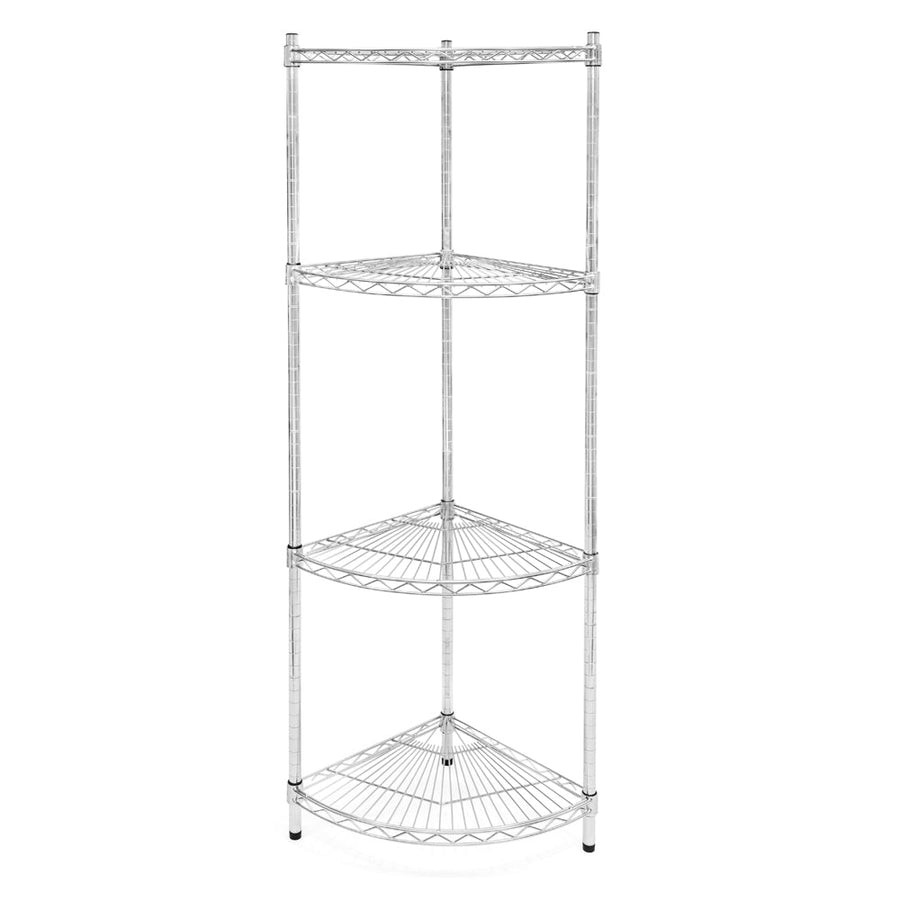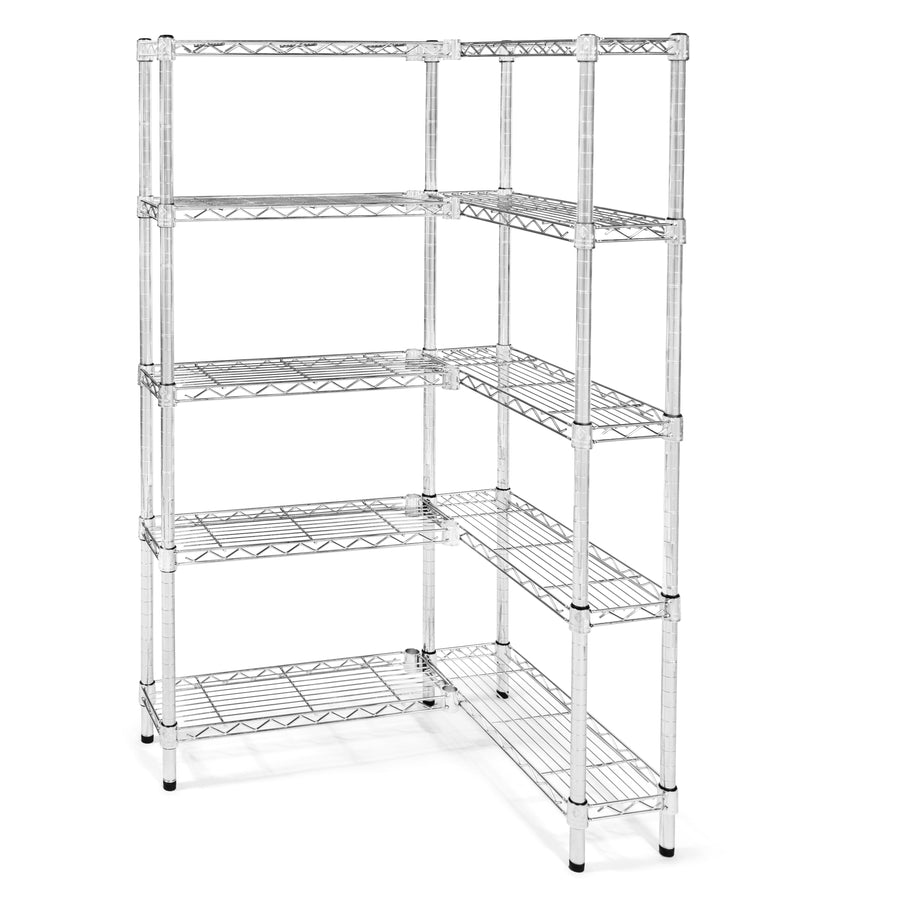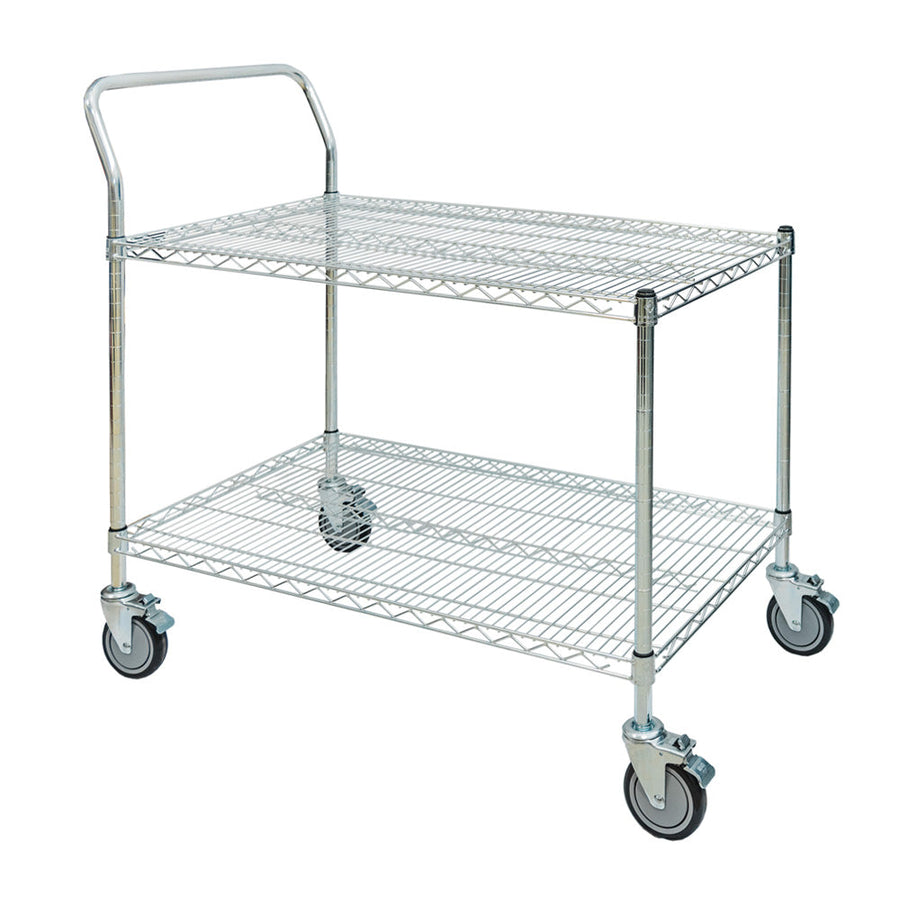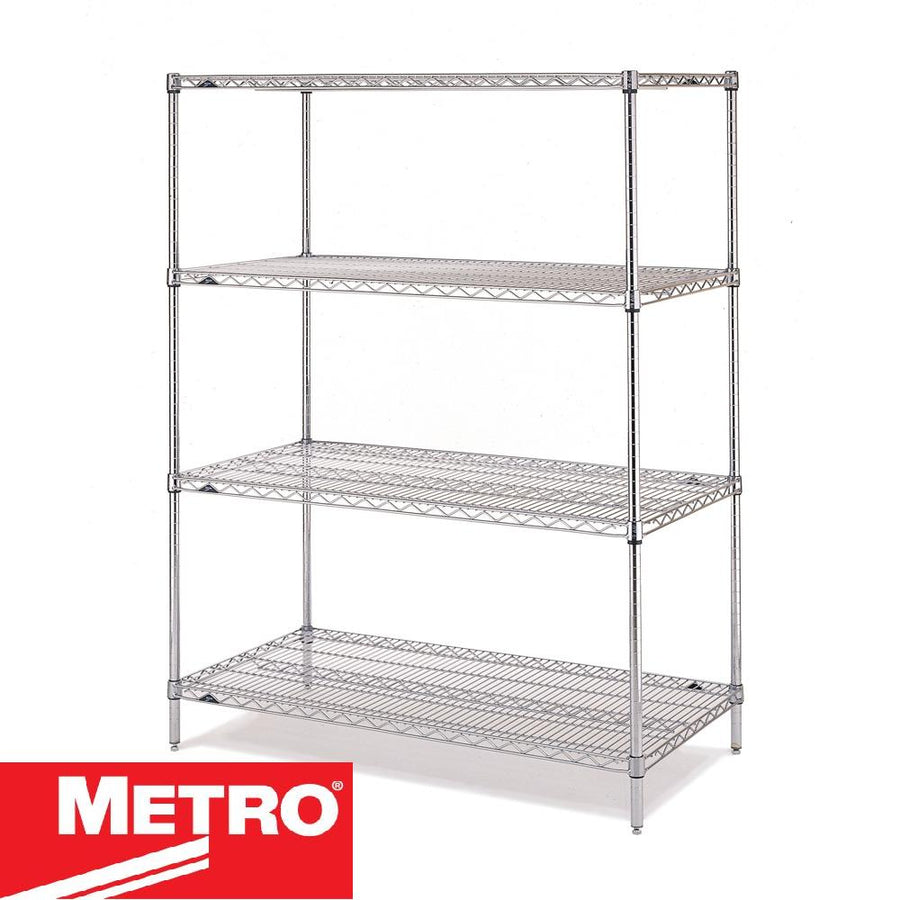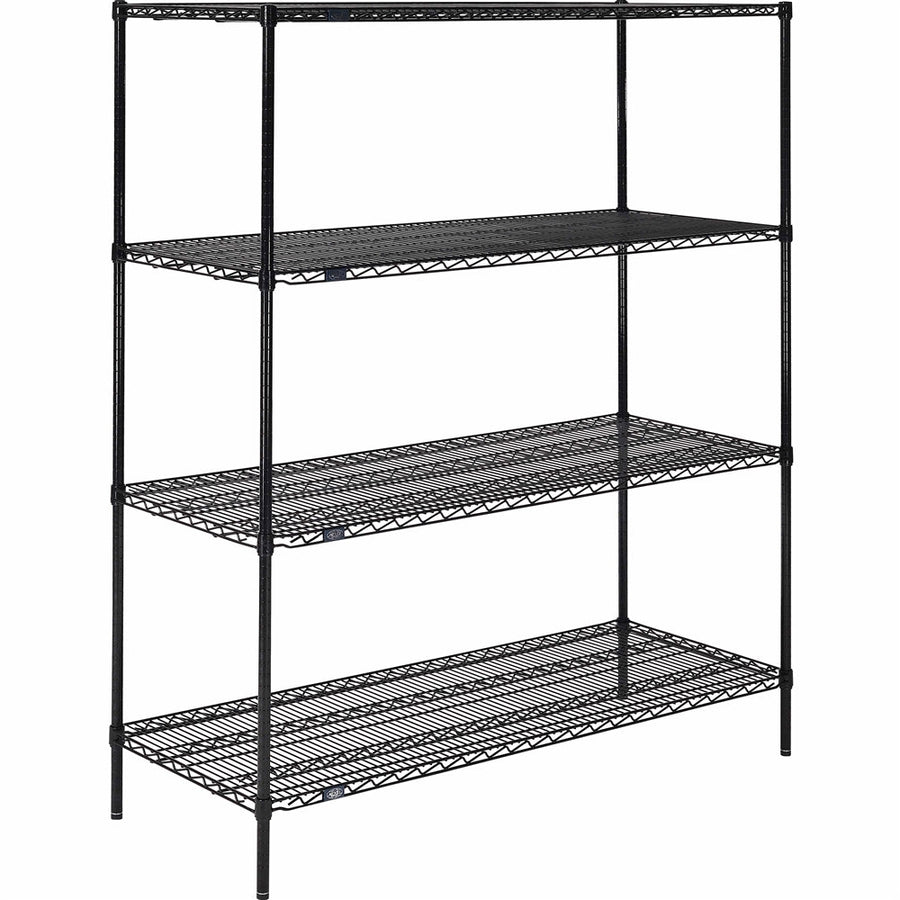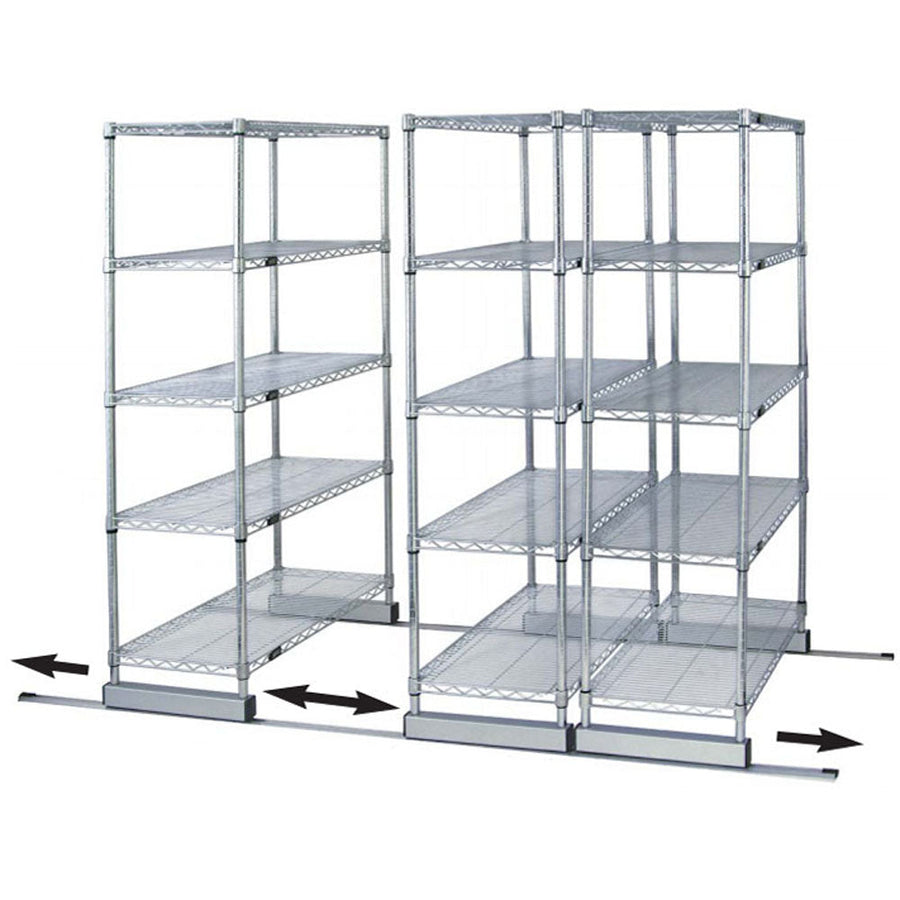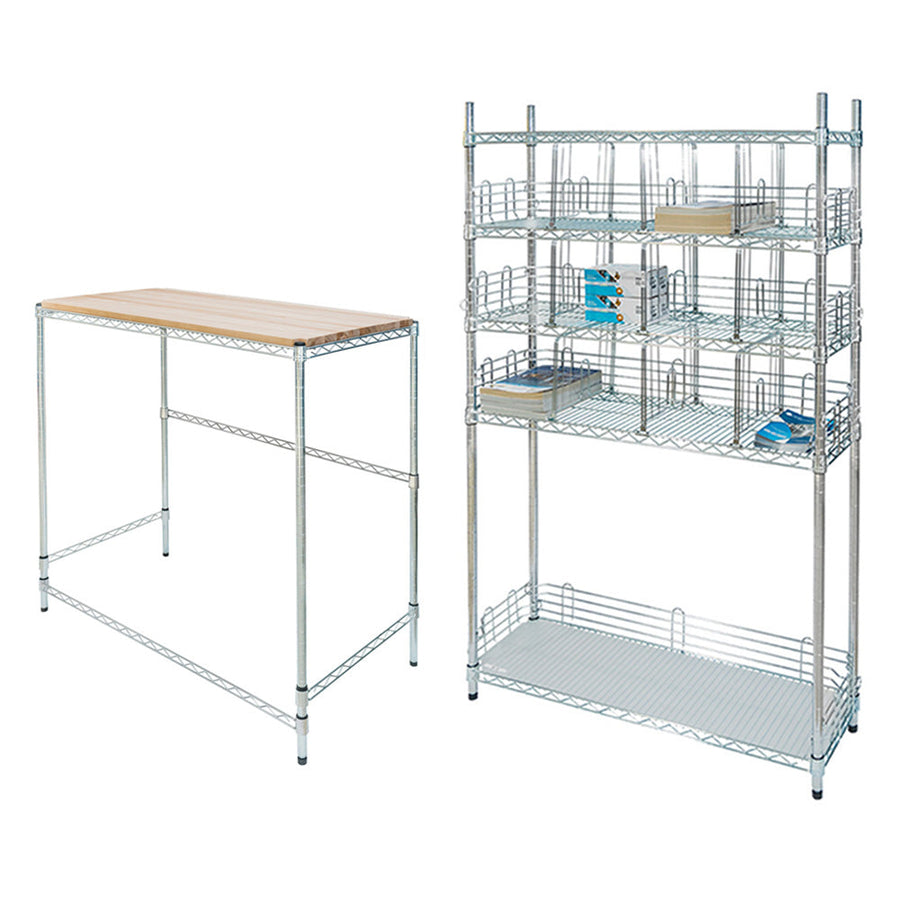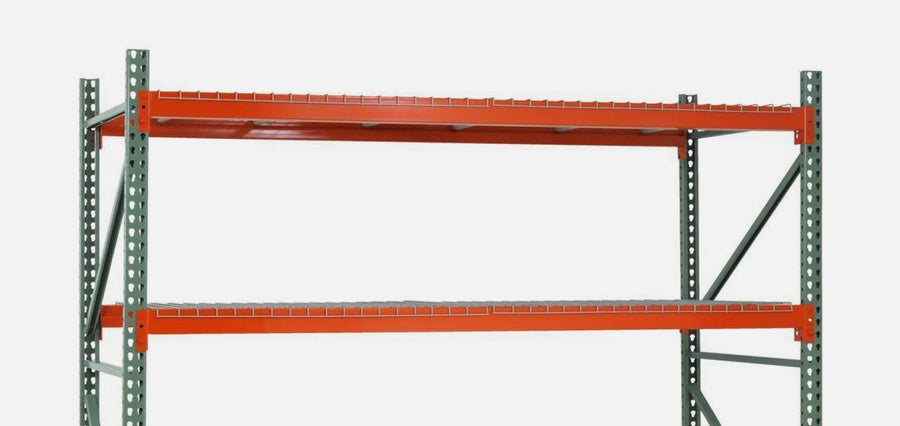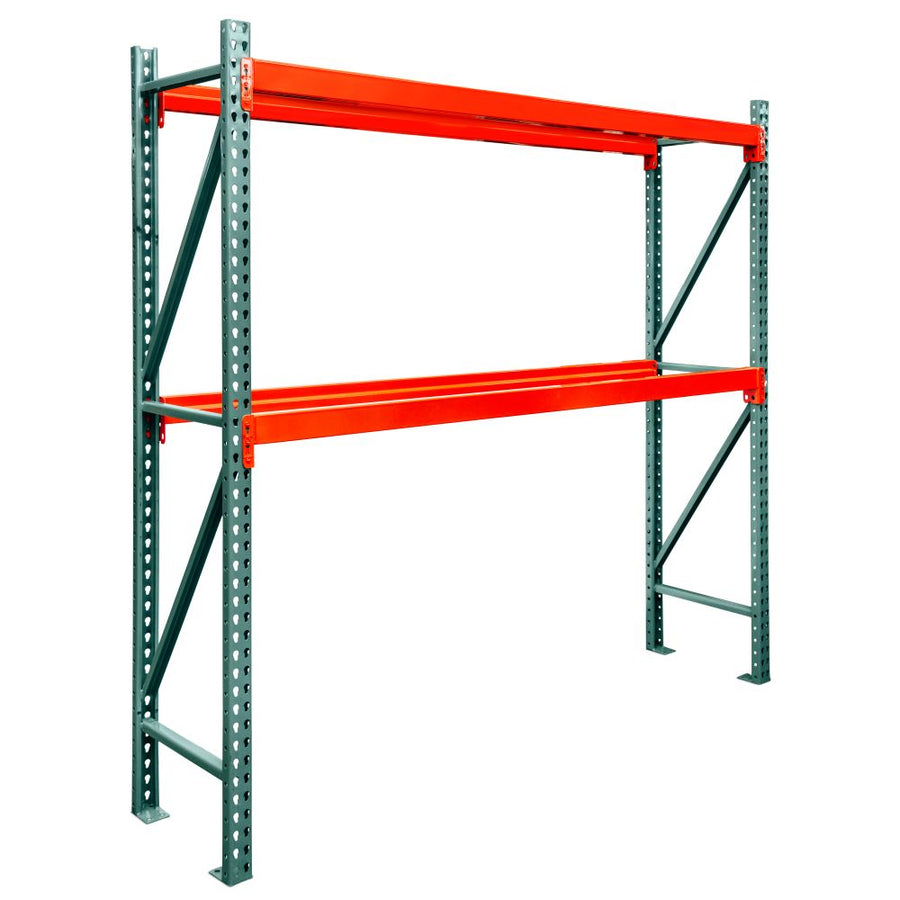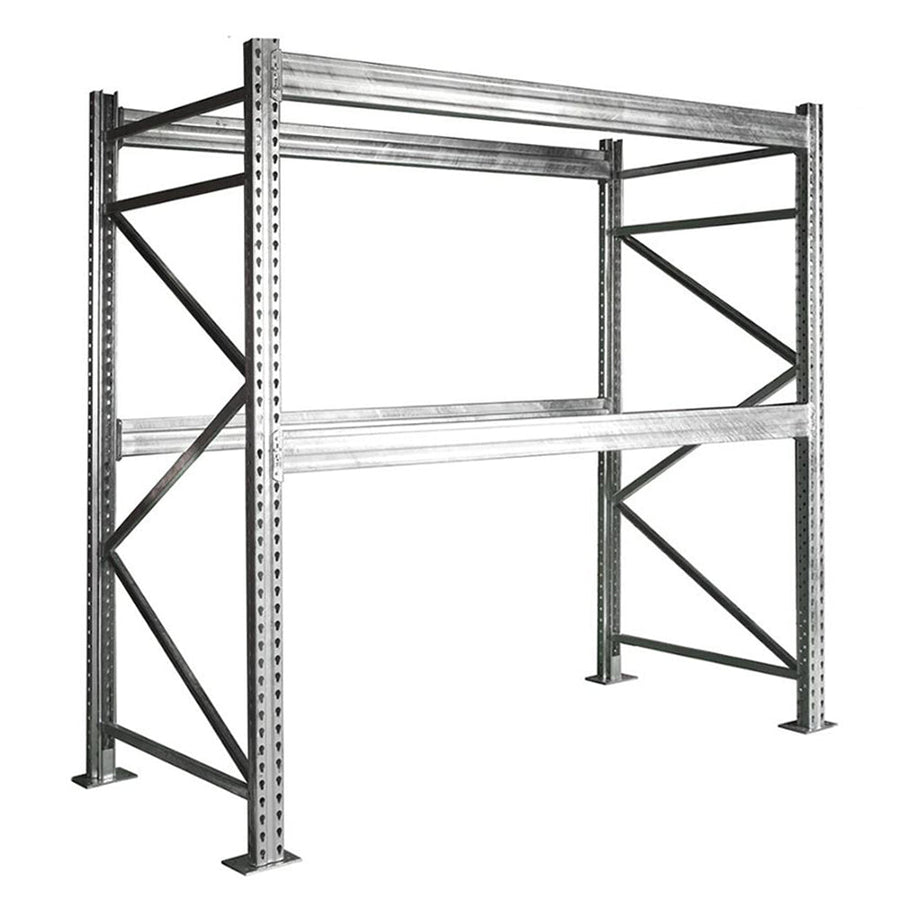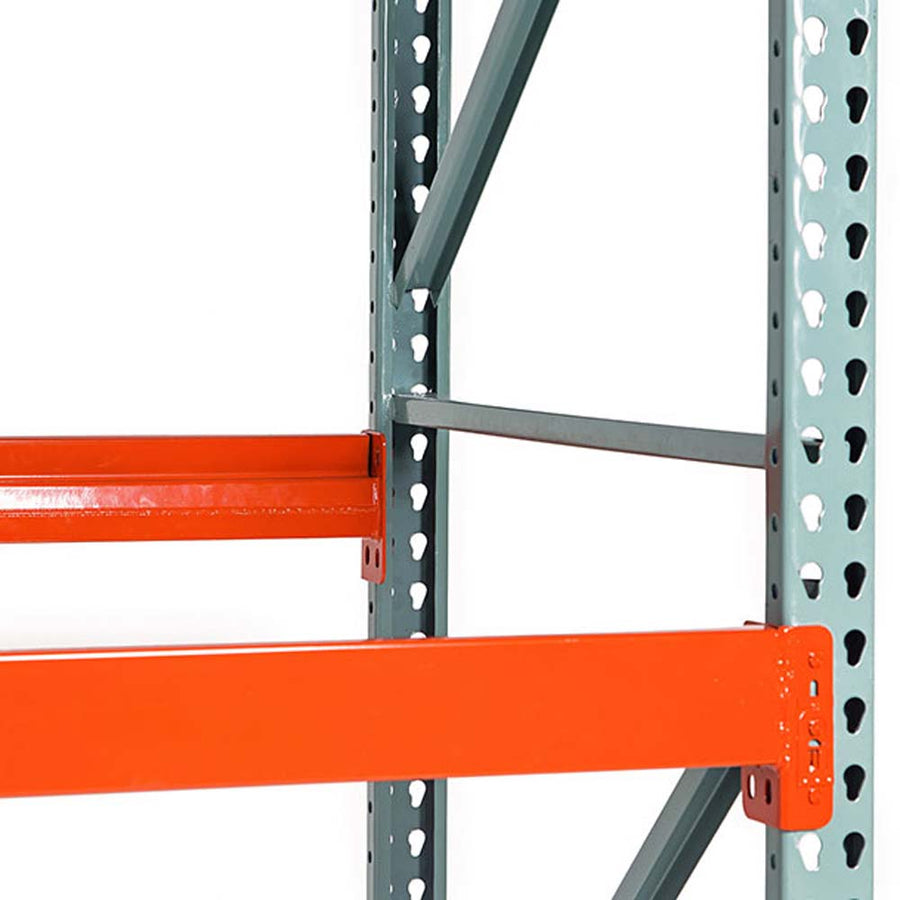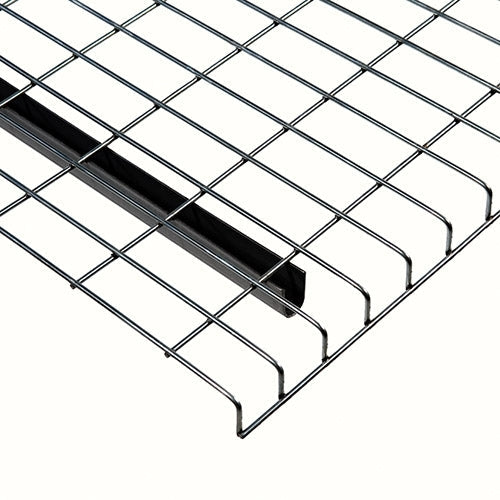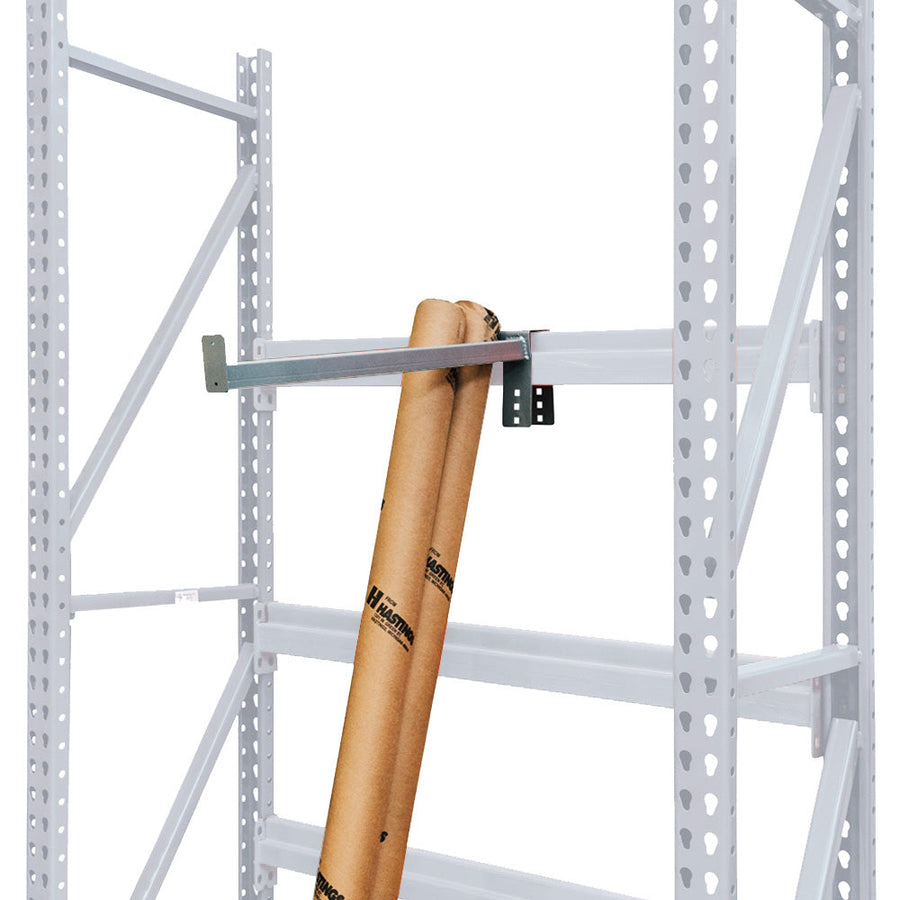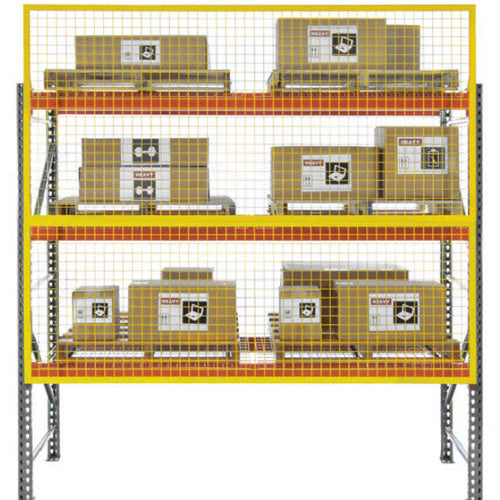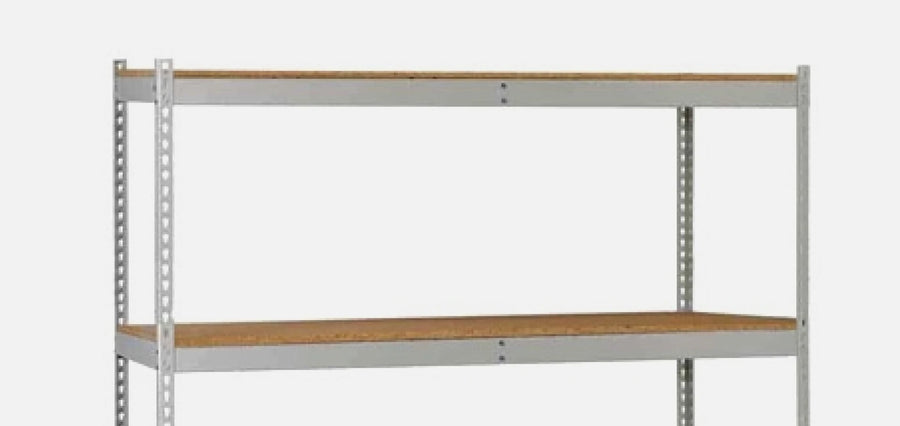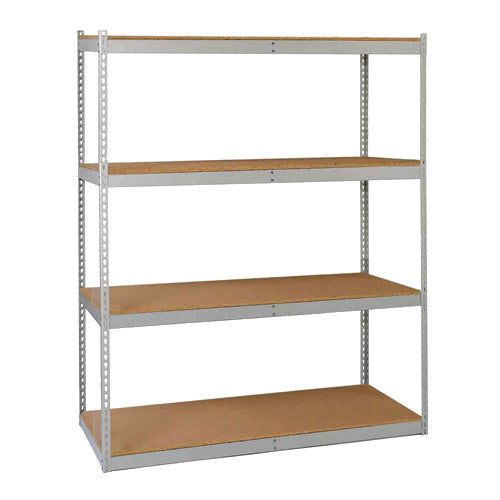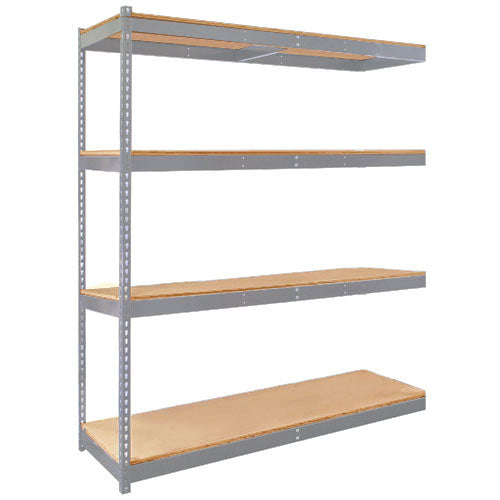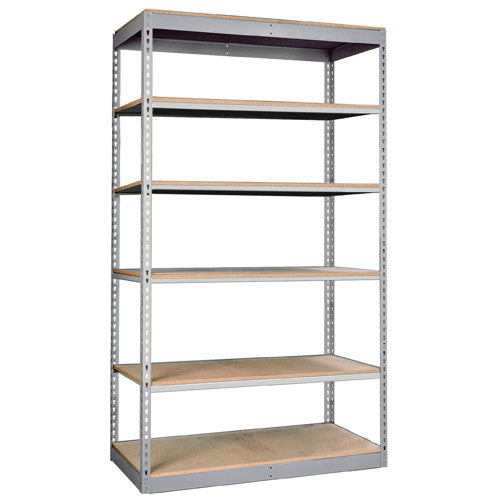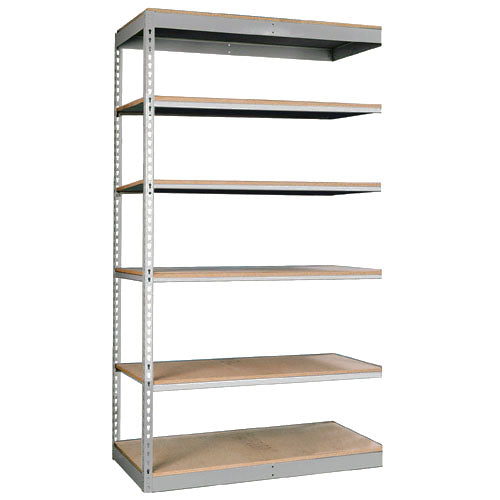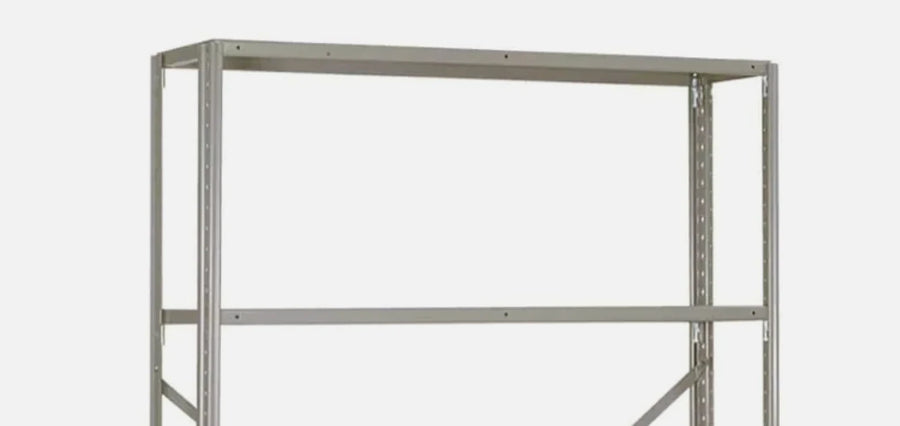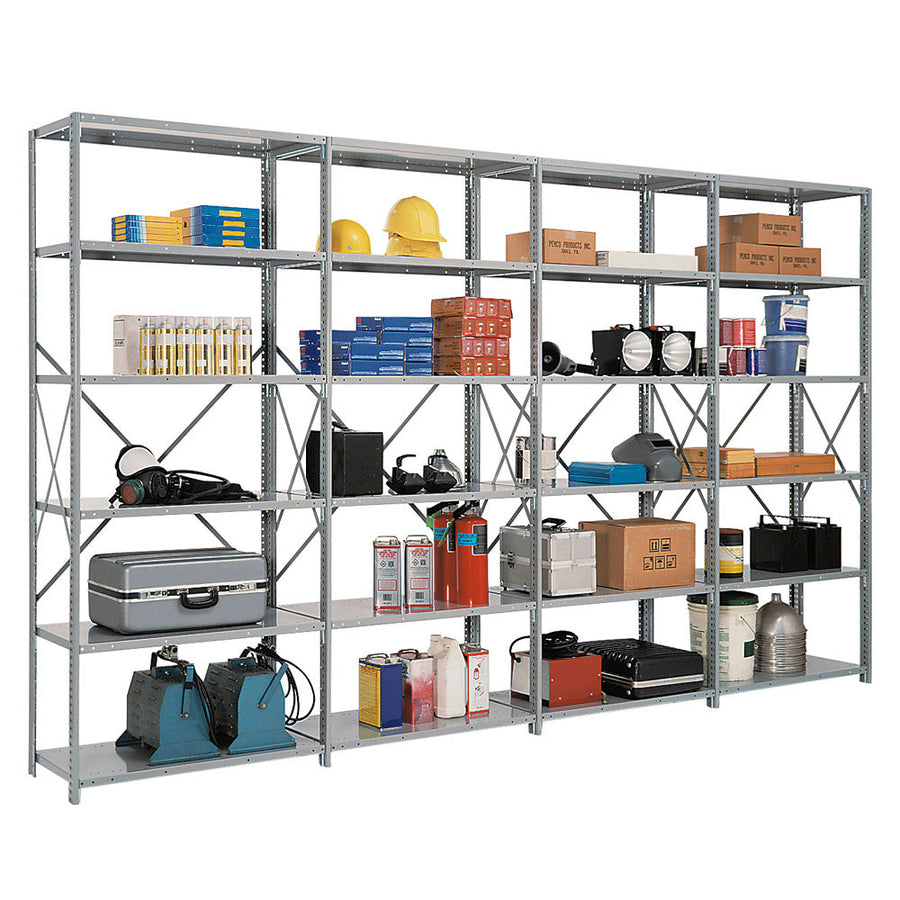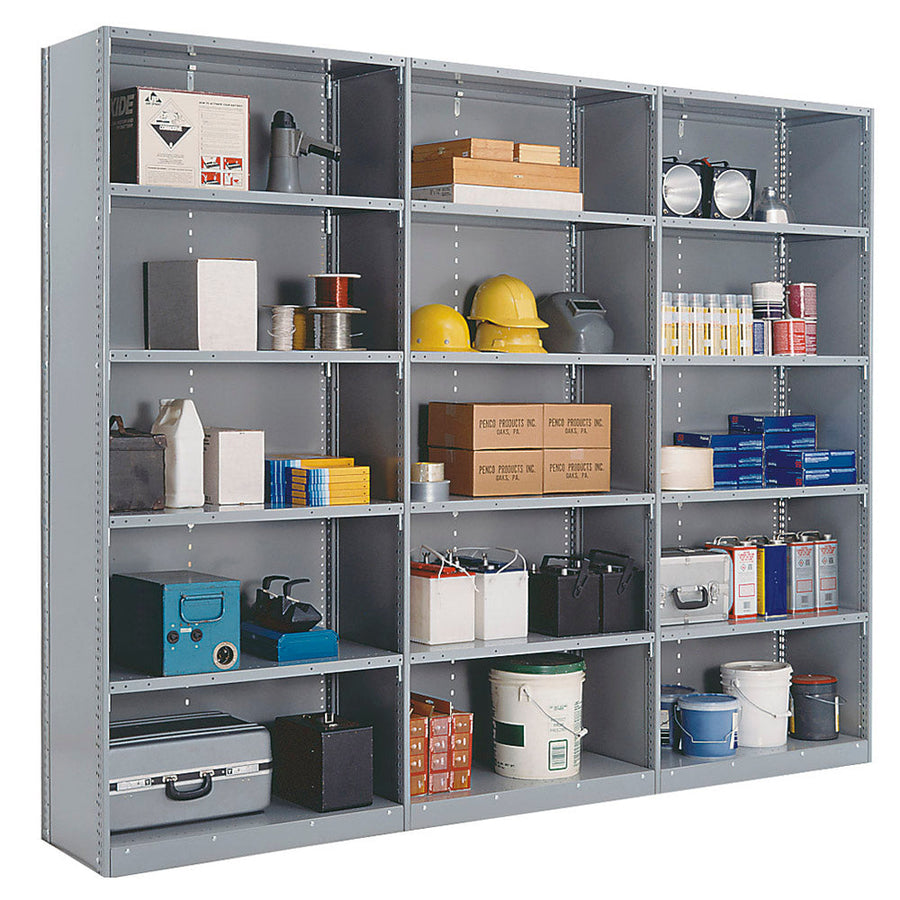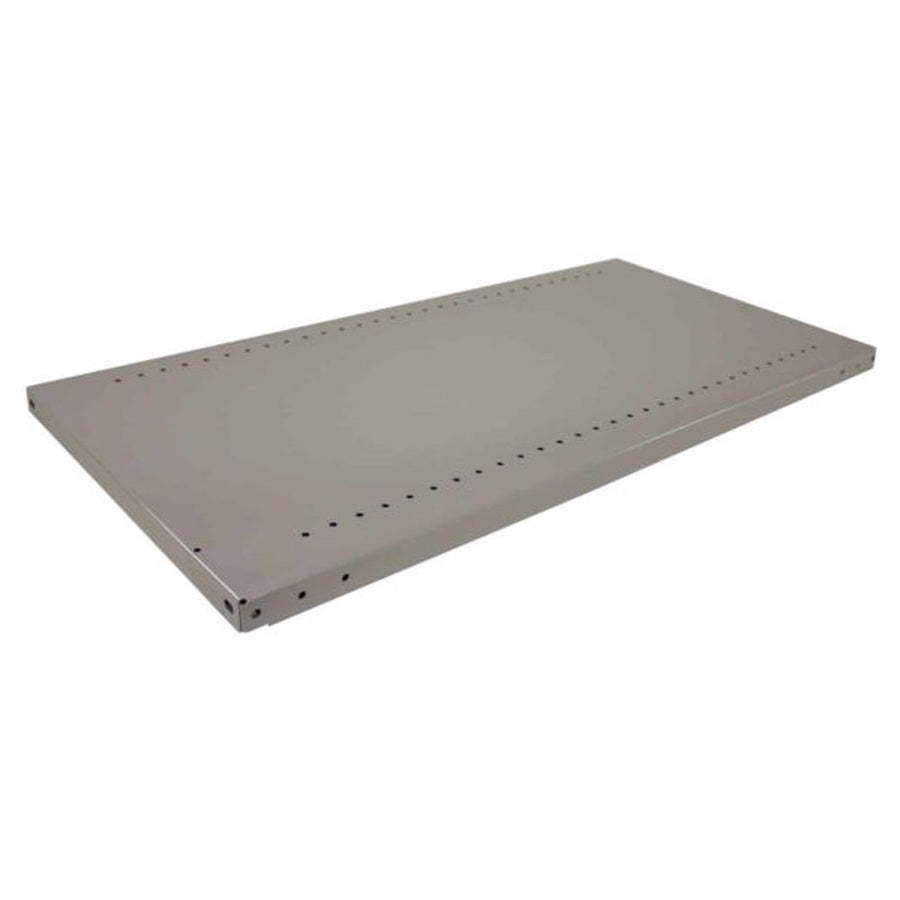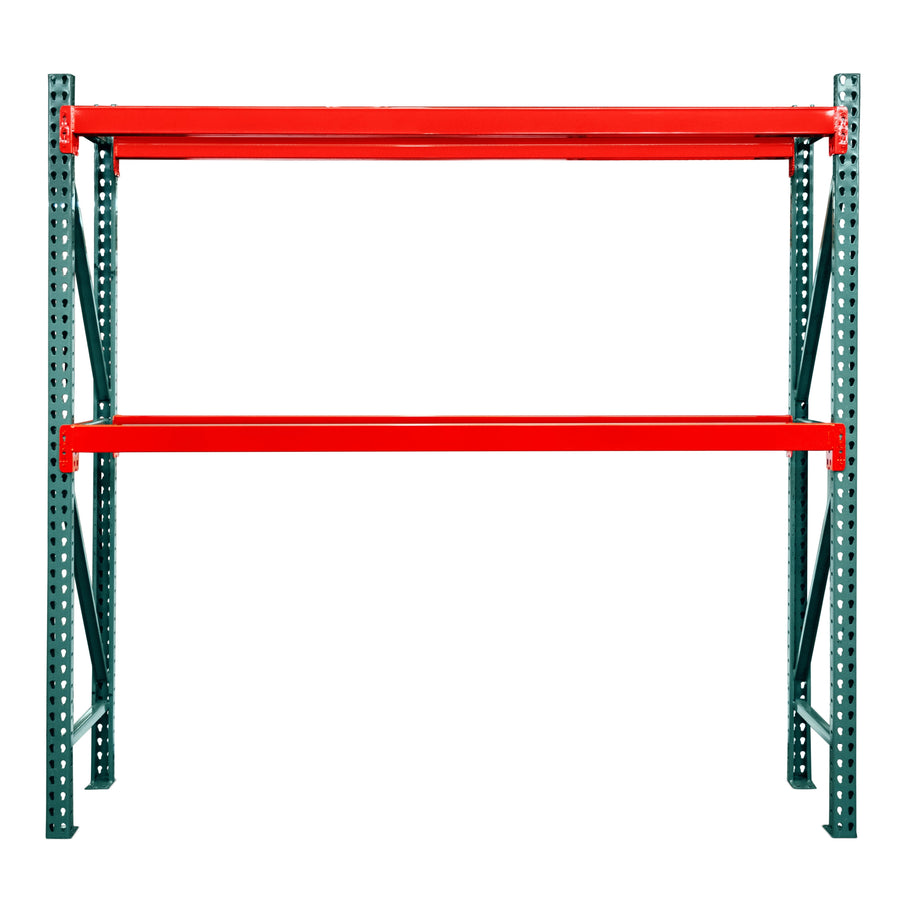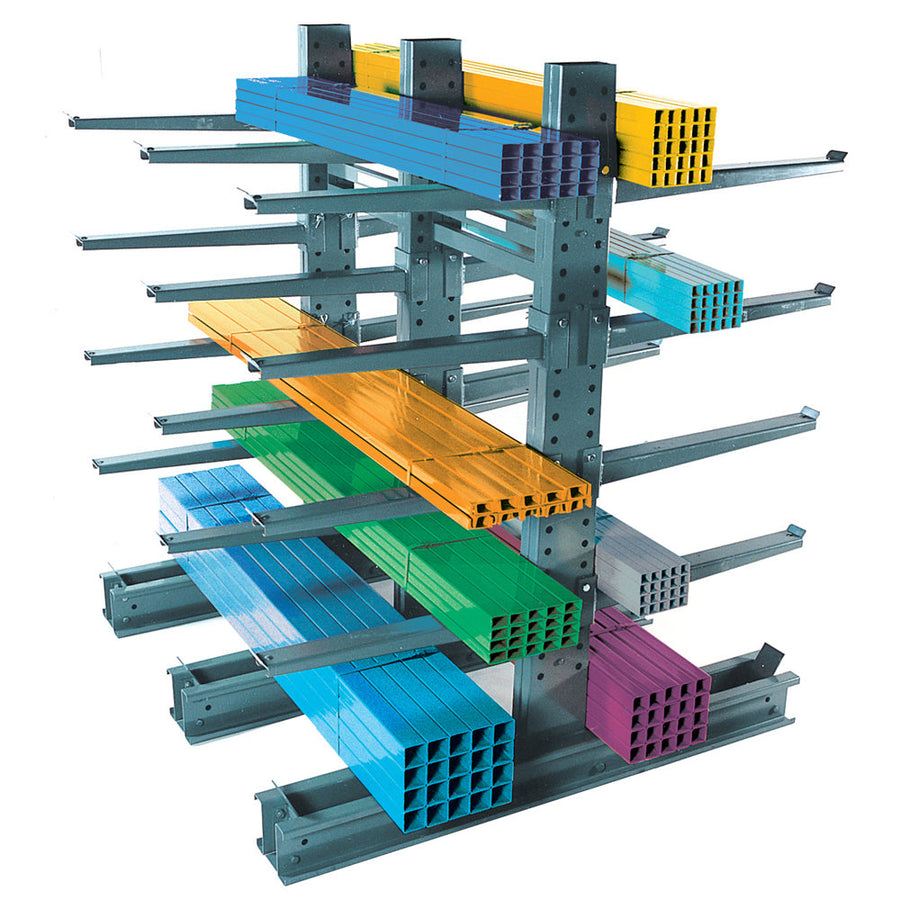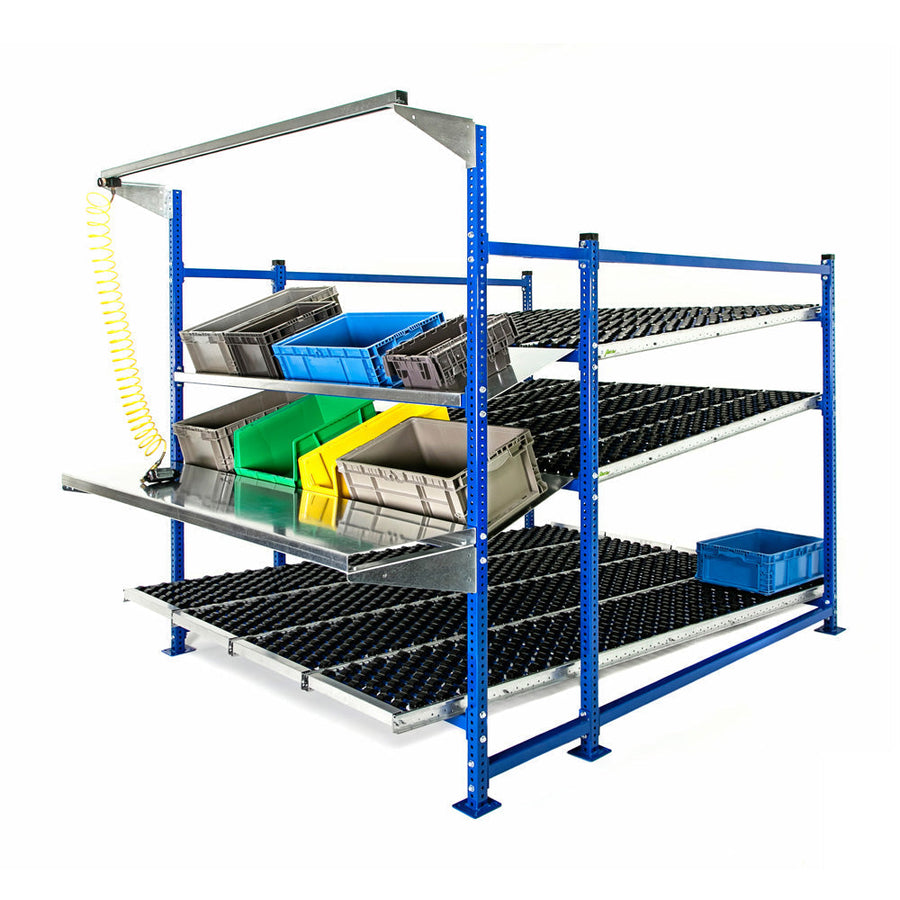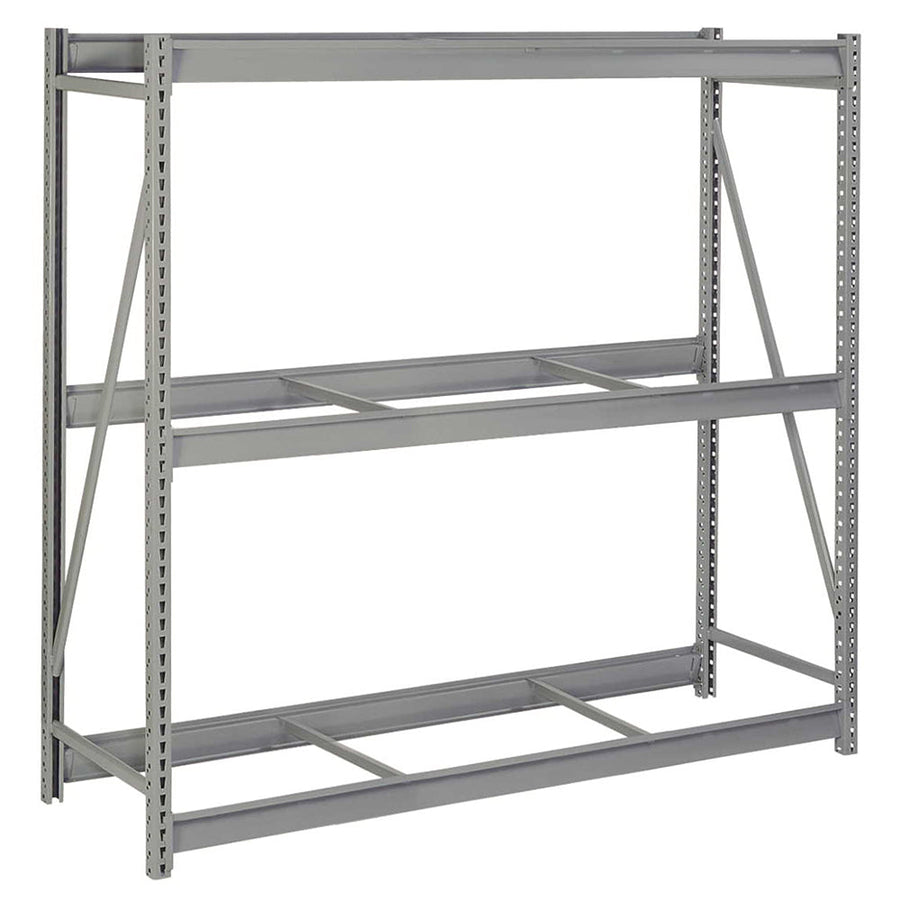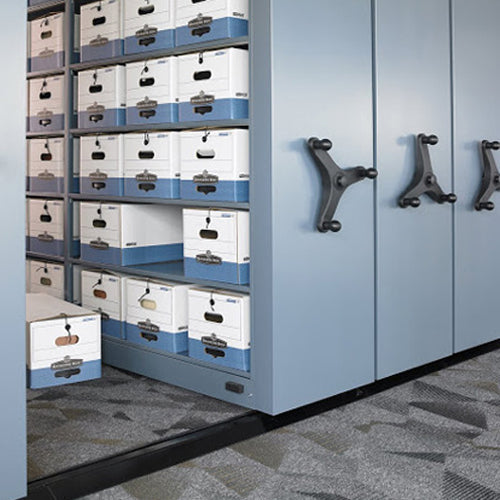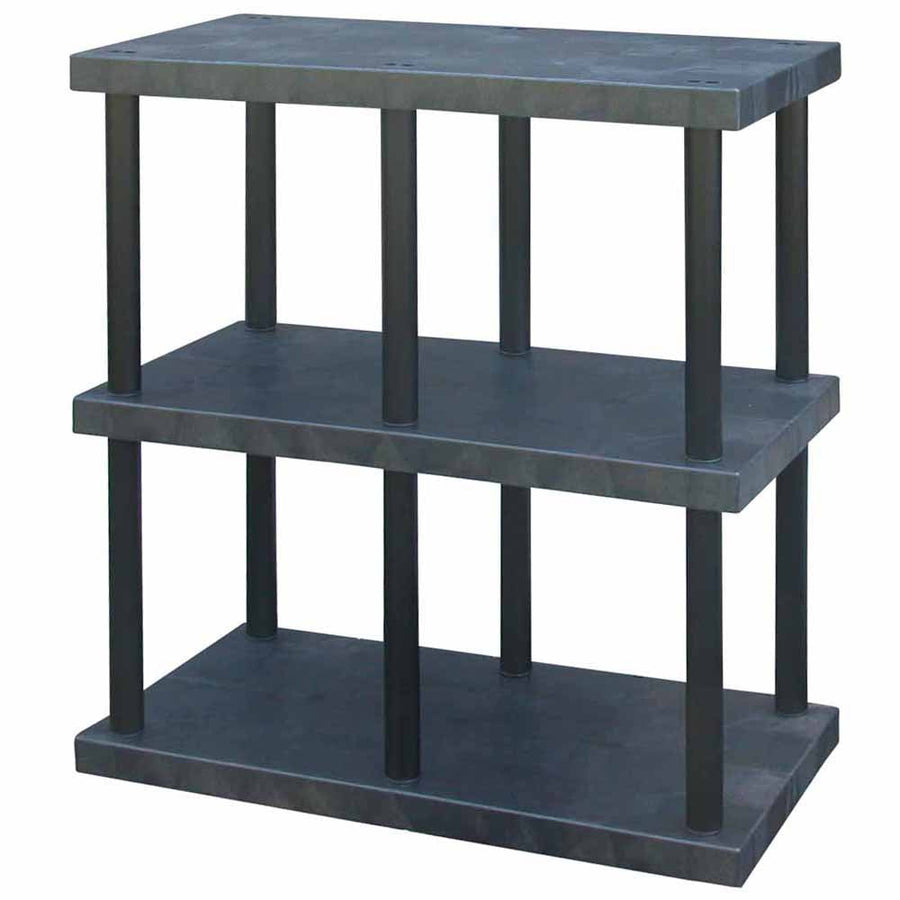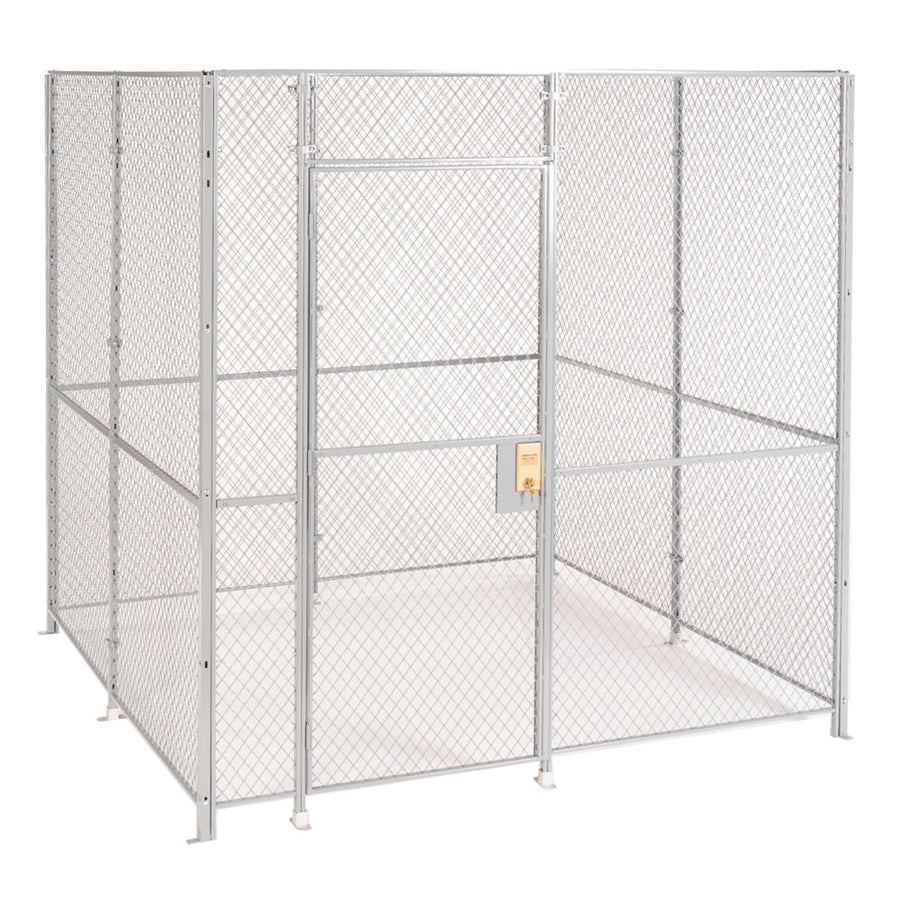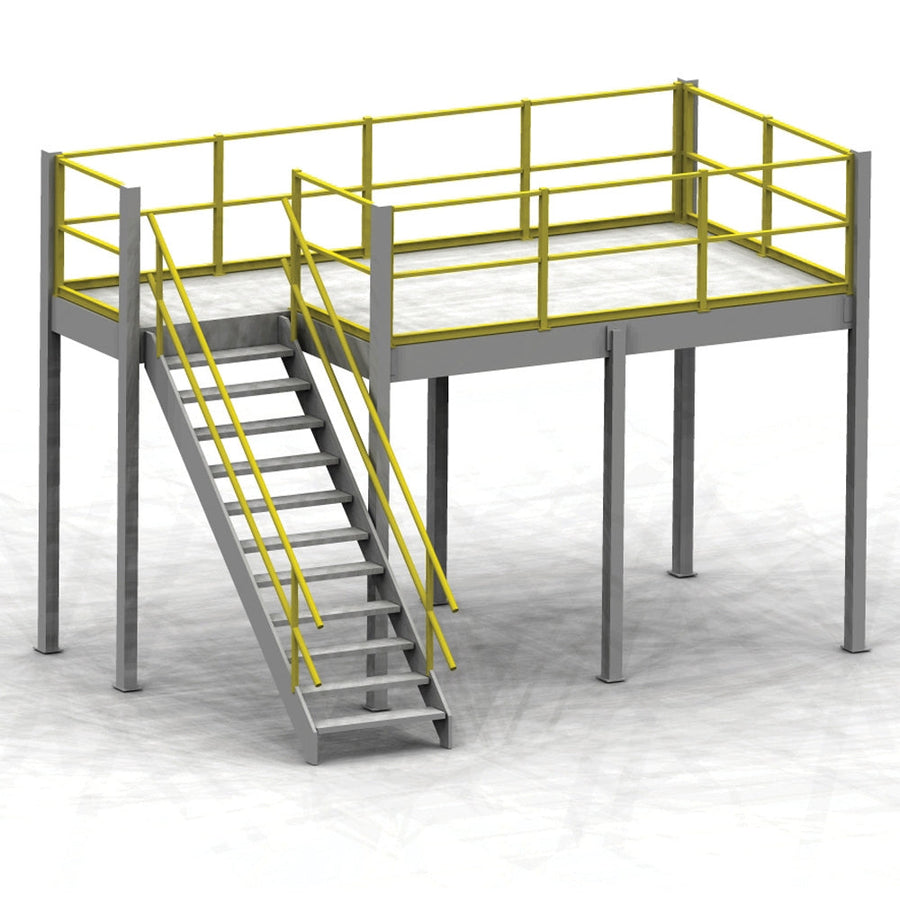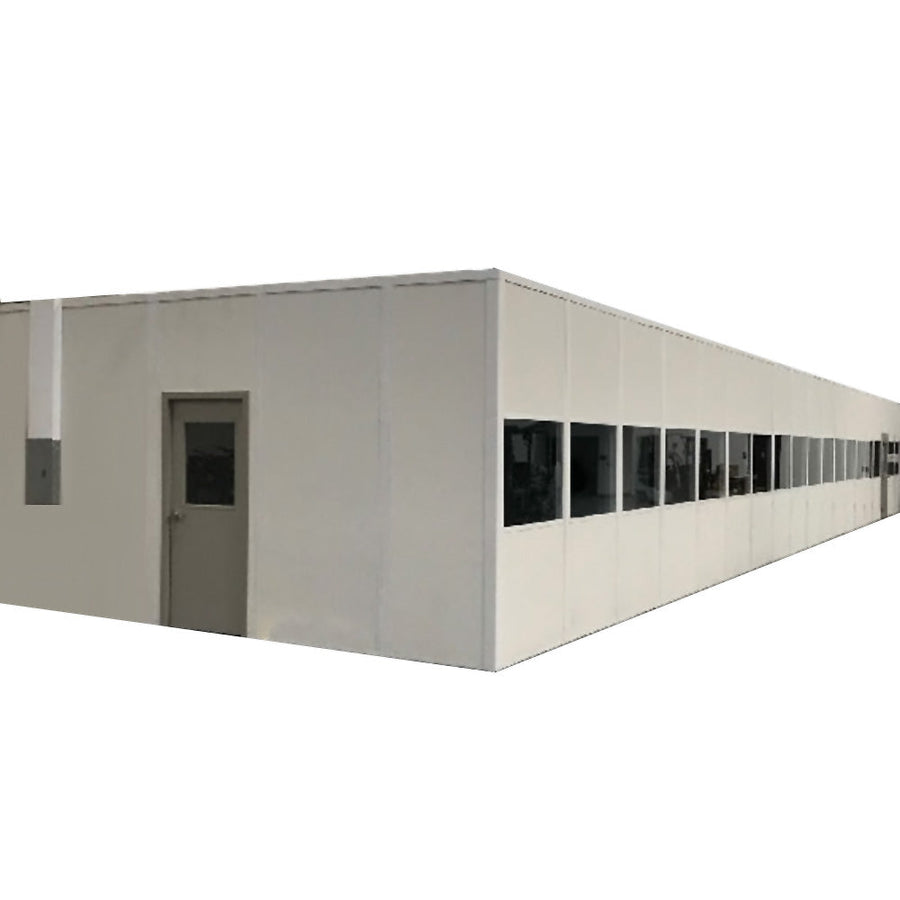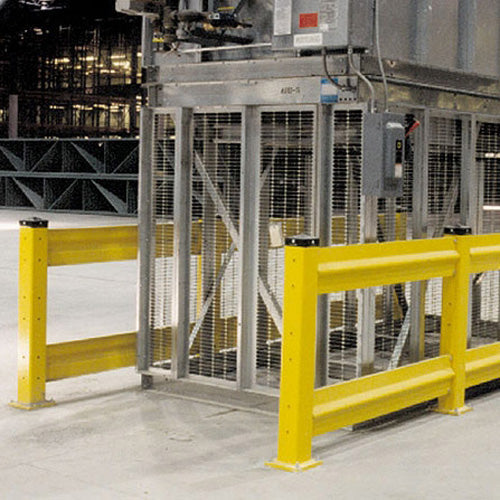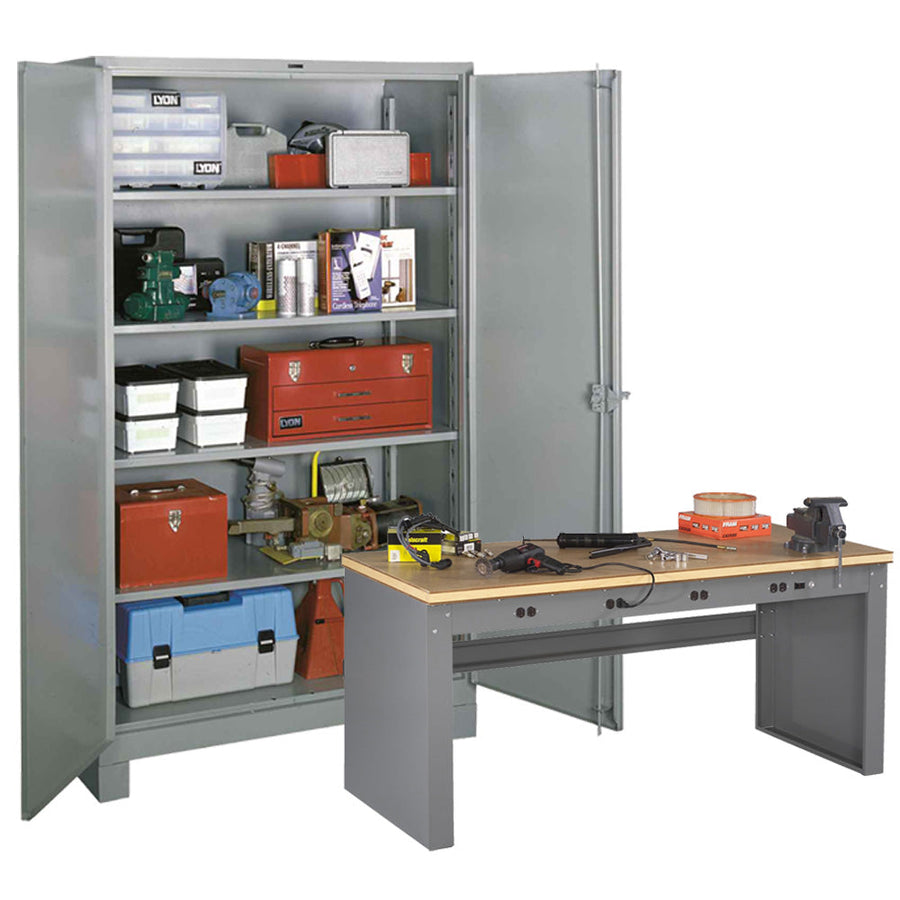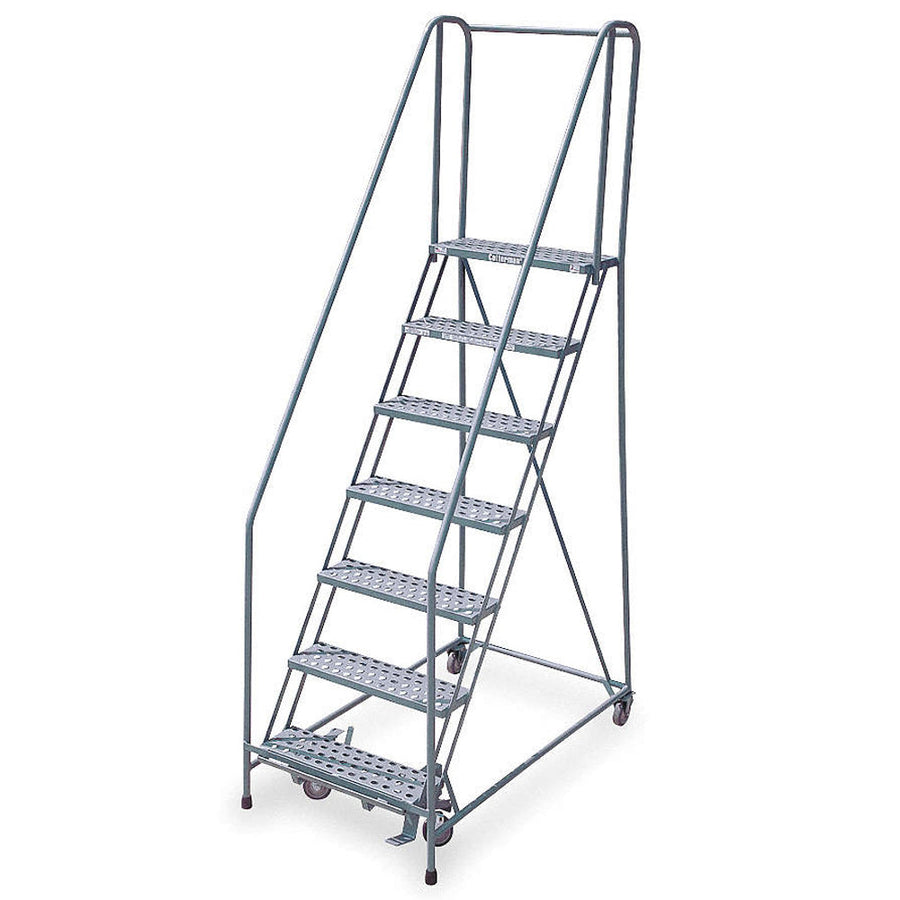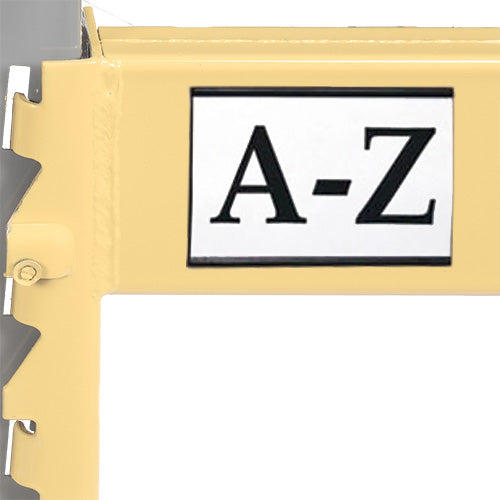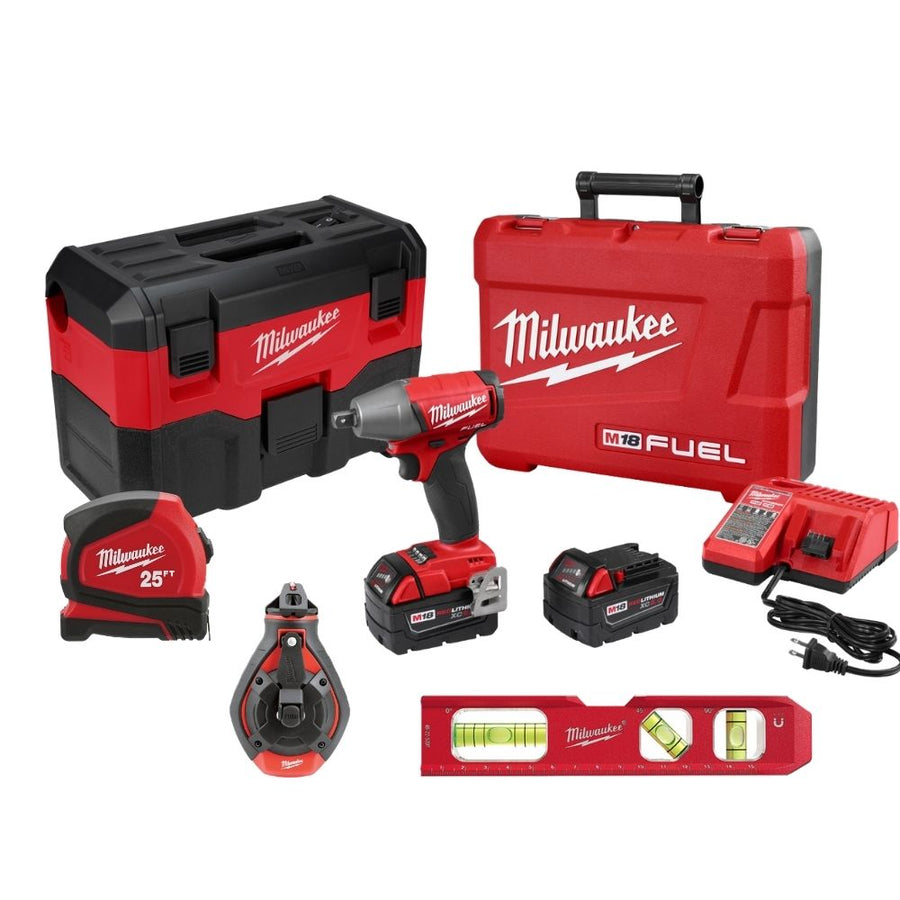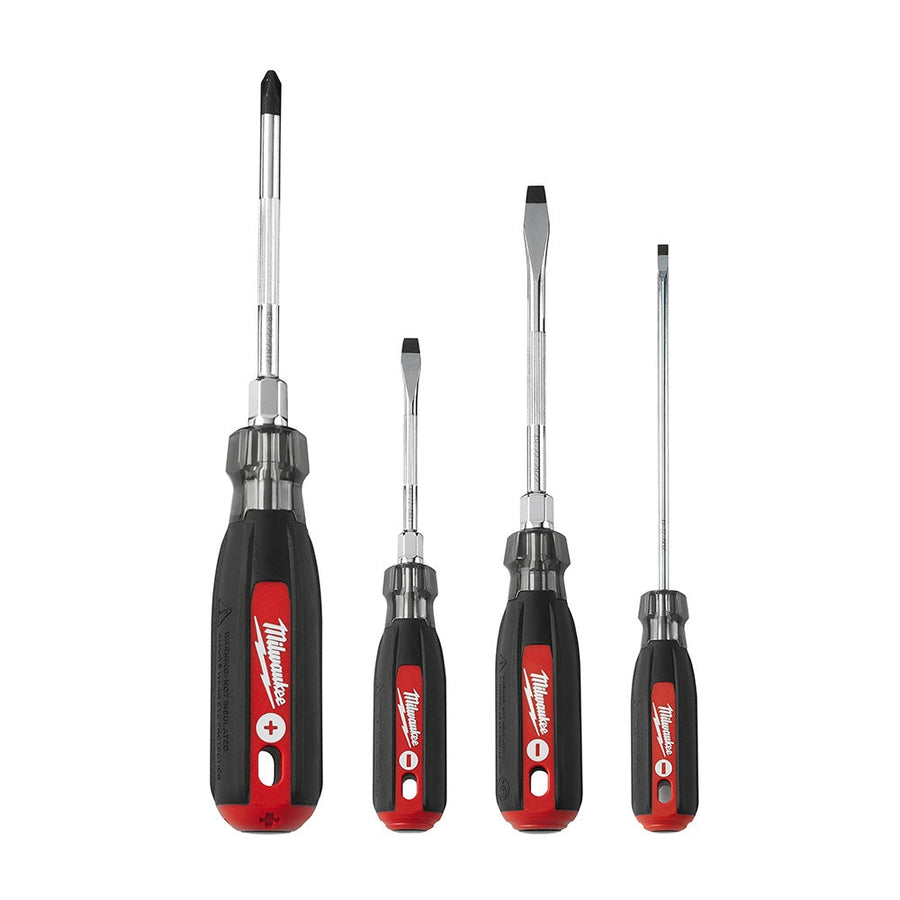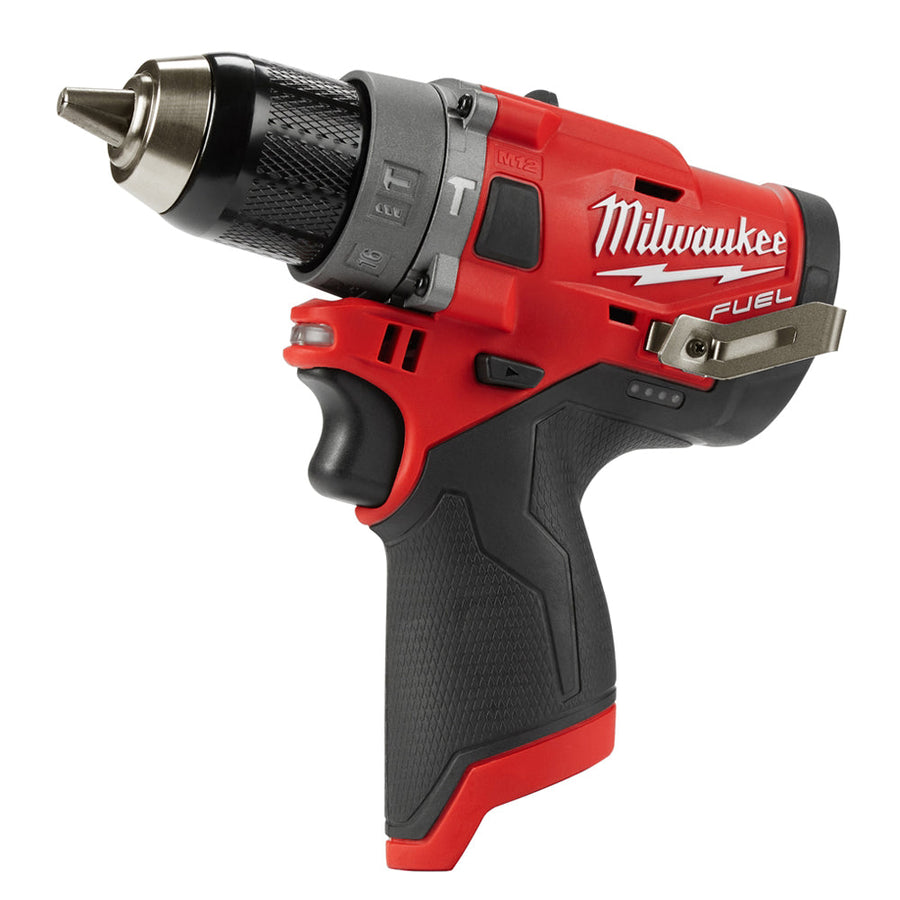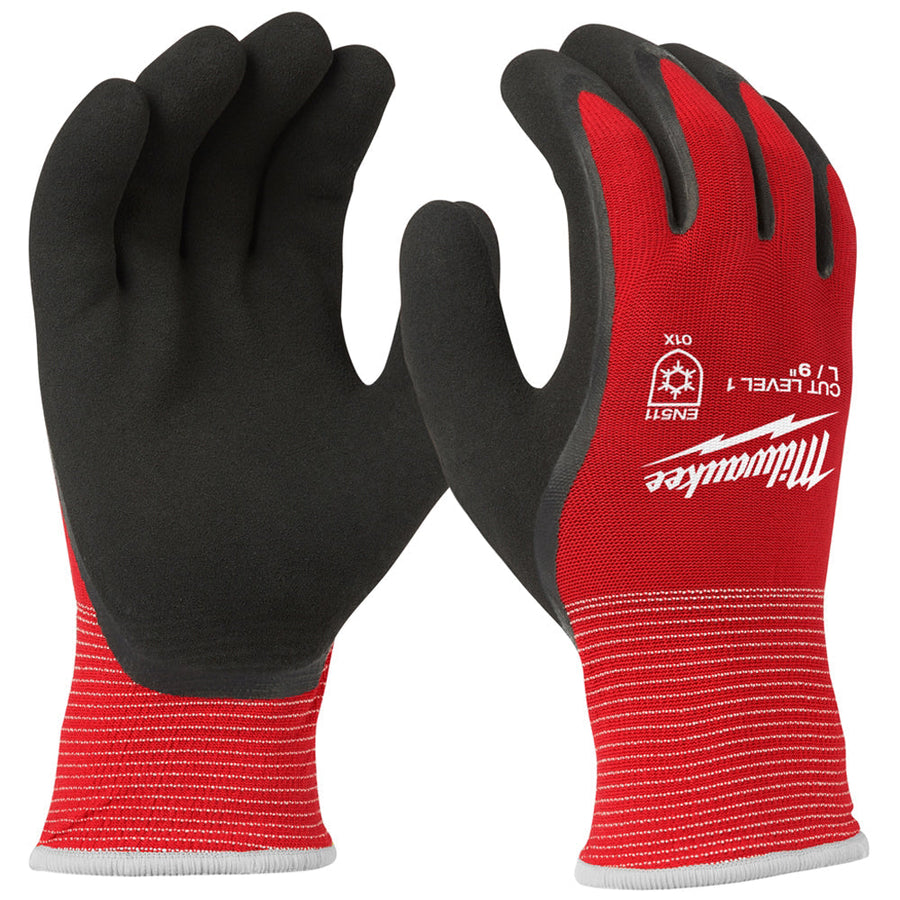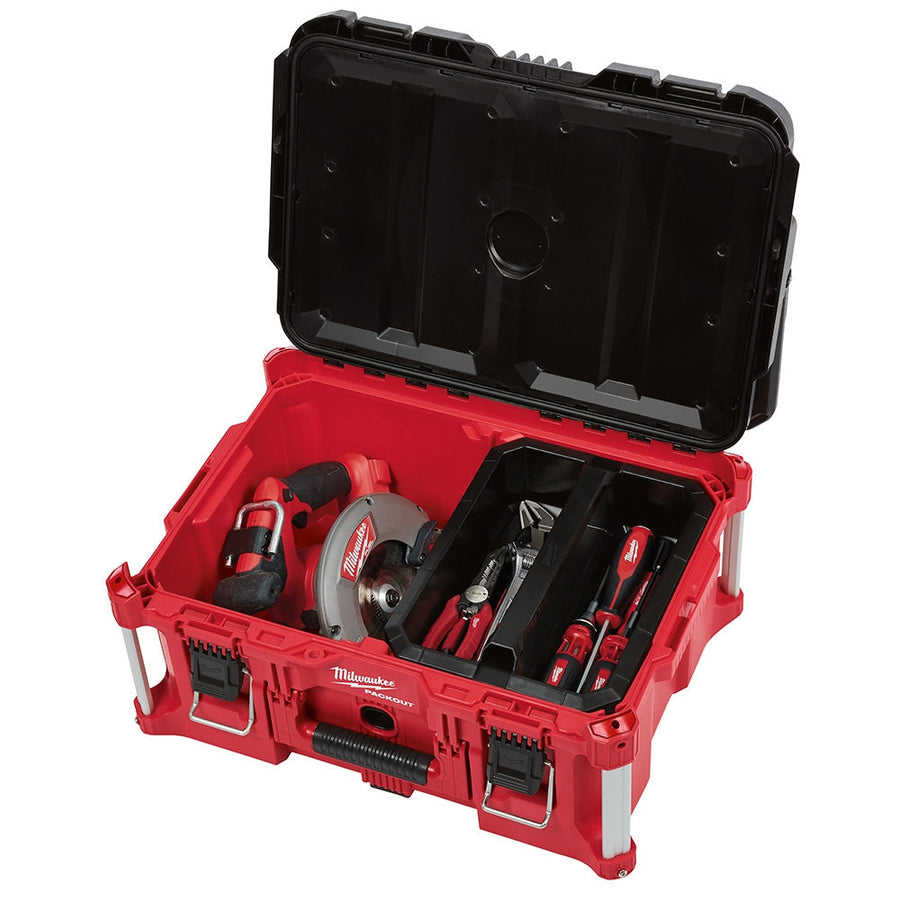With today’s ecommerce landscape being what it is, outsourced fulfillment has become a common resource for many smaller online retailers.
Outsourcing your fulfillment can offer several advantages - faster delivery times, easier order handling process, more able to offer wider inventory, and the like. Accordingly, smaller ecommerce retailers have found themselves increasingly turning to local warehouses to handle their order fulfillment in a faster way than they might’ve been able to on their own.
This increased need for fulfillment can create a lot of opportunities for warehouses to offer fulfillment services to retailers in their area - but is it a good fit for your warehouse?
Getting Your Warehouse Ready for Outsourced Fulfillment: Four Questions to Ask
How much extra order volume can I handle? Labor and space are two of the most important things to consider when considering offering your services for order fulfillment. If you have the space on your warehouse storage shelves, and available team members to spare, then you could consider taking on a higher-volume client in order to fulfill more orders per day (in the range of tens of thousands, depending on the retailer you partner with). Otherwise, if this would prove too disruptive for your daily operations, you may need to consider scaling back or working with smaller retailers to keep your processes manageable.
How many SKUs can I store? Similarly, having room for the retailers’ various SKUs will be a factor. This will be determined, at least in part, by what the retailer sells - specialized goods like electronics or musical equipment will have fewer overall items & SKUs, whereas something like clothing or apparel will require more space due to the variety of colors and sizes involved. These items will all take up space in your warehouse, and you may need to look into how to organize warehouse high density storage to help give it all a home.
Can I support fragile or more specialized goods? Sure, most warehouses can handle typical hard & soft retail goods, but a lot of ecommerce retailers these days have made their mark by dealing in more specialized items that may require different handling. Fragile, handmade, or imported items will need to be handled and stored more carefully and safely than others, and this may come down to how well-equipped your warehouse is to meet these needs. (This goes double for anything that requires refrigeration, like specialty food or other perishable items - your warehouse will need a walk-in cooler, as well as cooler shelving and food storage shelving to meet the safety requirements of these goods.)
Is your location helpful to the business itself? These days, orders can come in from all over - but as customer expectations for shipping speed and delivery times change, a lot of businesses are finding it more advantageous to work with fulfillment providers who can meet their geographic needs. If a given business tends to mostly serve a given region or area, see if you can quickly deliver goods to that area without a big delay in handling or delivery. This could go a long way towards both maintaining your relationships with retailers, as well as improving your KPIs/SLAs overall.
Determining if your business can help with retail outsourcing could open you up to exciting new opportunities and revenue sources, and answering these questions upfront can help you determine what services you can offer.

